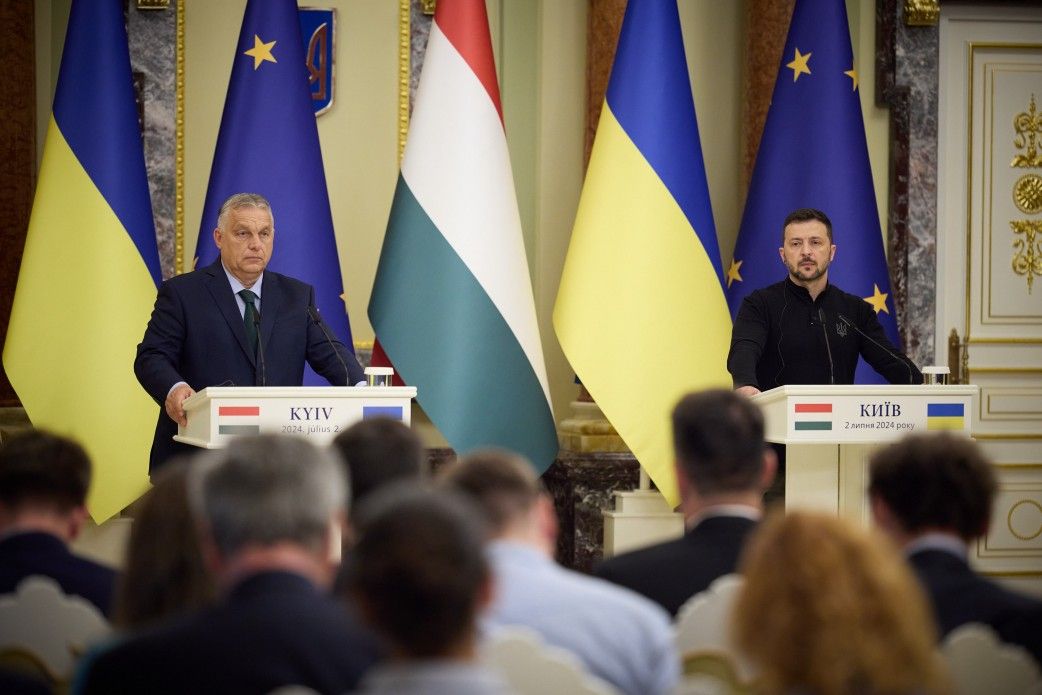Lithuania issues protest, summons representatives after Russian aircraft enters airspace

Lithuania has submitted a diplomatic protest and has summoned diplomatic representatives from Russia's embassy in Vilnius after a Russian civilian aircraft entered the country's airspace without permission, Lithuania's Foreign Ministry said on July 2.
In an incident on June 30, a Russian aircraft from the civilian Pobeda airline "illegally entered" Lithuanian airspace over the Baltic Sea for about one minute on route from Moscow to the Russian exclave of Kaliningrad, Lithuania's foreign ministry said in a statement
In their summons, the foreign ministry demanded that a diplomatic representative "provide an explanation as soon as possible and take all necessary measures to prevent such incidents from happening in the future."
In recent months, Russia has continued to put pressure on the Baltic bloc of NATO states, testing their responses through various provocations.
In mid-June, NATO aircraft were scrambled 11 times to identify and escort Russian aircraft that had violated rules while flying in international airspace, Lithuania's LRT news agency reported. Most of the Russian aircraft were flying with no flight plans and had their onboard transponders turned off.
NATO aircraft are regularly involved in patrolling airspace in the Baltic Sea while escorting Russian fighter jets.
Russia has also been accused of being involved in the GPS jamming of commercial flight, with as many as 46,000 aircraft have reported problems over the Baltic Sea since August 2023, with most of them occurring in Eastern Europe near borders with Russia.
In a notable incident, Russia is believed to have jammed the satellite signal of a Royal Air Force aircraft used to transport U.K. Defence Minister Grant Shapps.
Russia is likely continuing to test the response of NATO states through its reported meddling with borders in and around the Baltic Sea.
On May 21, Russia moved to unilaterally change the maritime border with Lithuania and Finland in the Baltic Sea, according to a draft decree published on the Russian government's website. The draft decree was deleted from the government website the next day following swift condemnation from some NATO members.
In another incident in late May, Russian border guards removed the boundary markers from the Narva River that separate Russian and Estonian territory without providing an explanation for their actions.












